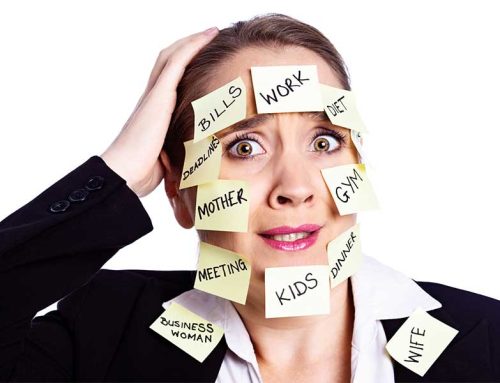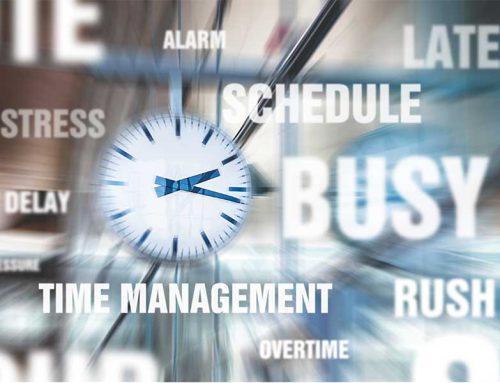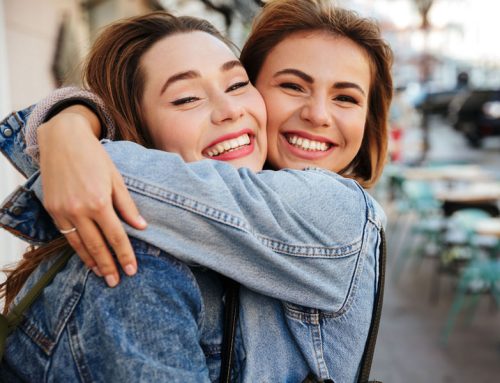If there’s one thing COVID-19 has taught us, it’s that humans have a fundamental need to feel connected. Even the most introverted amongst us found ourselves yearning for a friendly face at the petrol pump, or a smile from a delivery driver, instead of the usual perfunctory wave from the safety of their cab.
In 2021, the Stress Management Society published a ‘one-year-on’ study into the reasons behind the increased stress felt by British people since the beginning of the lockdown restrictions. 65% of the adults surveyed identified three key factors:
- Feelings of disconnection
- Uncertainty about what lies ahead
- Loss of control over their lives
In response, the society made ‘Regaining Connection, Certainty and Control’ the focus of its annual Stress Awareness Month last year. In 2022, the theme is ‘Community’.
The need to belong
For years we have been persuaded by social researchers, such as Maslow and Lieberman that our brains are wired to connect, and that love and belonging are amongst our most basic human needs. But the pandemic has seen us take part in our own social experiment, documenting our personal resilience to the effects of social isolation.
A deeper delve into social theory reveals that we need to belong in order to feel a sense of ‘emotional rootedness’. The bottom line is that we are social creatures. Just as birds seek the security of a flock, and many animal species live and travel together in herds or packs, our instinct is to find strength in numbers, and our health and happiness is inextricably linked with our connections. People exchange positive energy with one another and create deep bonds that make us feel seen and valued.
What is community?
We hear the term used frequently as a model for social connectedness. But what actually is it?
In its most basic form, a community is a social unit, a group of individuals who share a common interest or characteristic, or who live in a common location. Today, people can be connected geographically, or via a virtual space, through social media groups or private community platforms.
The essence of a community is a shared story, engendering a sense of solidarity. Community brings people together to advocate and support each other; it’s a ‘place’ that can bring comfort to us at difficult times.
That sense of a shared identity, and being part of something larger than we are, is a well-known source of good feeling. We can be part of many communities at once and they frequently overlap. Here in the UK, we are part of the ‘Western community’, yet we are also part of the ‘global community’. We might also be grouped by our race or religion (e.g., the Islamic community), our profession (the academic community) or a hobby (the gaming community). We might find ourselves a member of some communities by default, for example through a shared medical condition; others we might have joined by choice.
Why does it matter?
One of the more positive aspects of the coronavirus was that it gave rise to a new wave of community spirit that had been on the wane for many years. At the beginning of the first lockdown, in 2020, Italians showed their solidarity through ‘balcony singing’, banging their musical instruments to boost neighbourhood morale. In the UK we clapped for our carers and wept at the mention of dear old Captain Tom as he completed 100 lengths of his garden. Villagers and townsfolk shopped for vulnerable neighbours or called them in their homes to let them know someone cared. COVID-19 has been a great leveller, inspiring the need in people from all walks of life to show kinship and unity as we all suddenly found ourselves in the same boat.
The message of this year’s Stress Awareness Month campaign is: let’s keep this going! As we emerge from the pandemic, it’s vital that this community spirit prevails through less challenging times, to help those who continue to experience social isolation and loneliness.
Ways to join a community
So, we’ve identified the positives of being part of a community, but how do we join one?
Start by rekindling old friendships. Working from home, with social gatherings off the permitted list, we may have developed some anti-social habits. Have you been meaning to pick up the phone, send a text, or arrange to meet a family member or friend? Perhaps you are putting off finding new friends?
If the answer is ‘yes’, take action in April! The Stress Management Society is inviting you to take up a 30-Day Challenge. You are encouraged to carry out one action each to benefit your Physical, Mental and Emotional Wellbeing every day for one month. Research has identified that it takes 30 days to turn actions into habits, making you more likely to turn new knowledge and techniques into long-term behavioural change.
Here are some other ideas to get you on track:
- Visit your parish mag or local newsletter to find news of local events (e.g. music or arts performances, a town hall movie, a dog show or a summer fundraiser). See if you can get involved.
- Volunteer your time. Offer to walk someone’s dog, help school children with their reading, visit elderly neighbours, or help out at a local animal rescue centre.
- If you have your own dog, establish a walking routine so that you meet other dog owners on their daily round. If you don’t have a dog, take that walk anyway.
- Shop locally. Visit local farmers’ markets and support your local grocers.
- Support your local sports teams – a great way to get chatting to fellow supporters.
- Take up a sport or a hobby class – could be a walking group, a book club, a spin class, or a good old cuppa and a chat!
A final word
Many of us turn to social media to find and connect with people. While this became a saviour to many during lockdowns, a virtual chat can never replace real-world human connection. In-person contact helps to trigger feelgood hormones, that help to alleviate stress and leave you feeling more positive. Although technology tries to find ways to bring people together, all too often, it can have the opposite effect. Spending too much time on social media or gaming can just make you feel lonelier and more isolated.
The key takeaway from this year’s stress awareness campaign is that, as the threat from COVID recedes, we need to be proactive in renewing or finding new connections. Start by downloading the free resources available on the Stress Management Society website and sign up today for your 30-Day Challenge.
What are you waiting for? Feeling lonely can bring an increased risk of depression, anxiety, sleep problems, and increased stress. There’s never been a better time to take action than NOW.






Leave A Comment